Just over three hours after Rishi Sunak resigned as Chancellor, Boris Johnson appointed his successor. Downing Street confirmed on Tuesday evening that Nadhim Zahawi will take on the role – leaving his job as Education Secretary to enter No. 11. It comes after Zahawi spent over an hour in Downing Street following speculation he could step down. There were reports that Zahawi had said he would only stay if Johnson moved him to the Treasury, though allies of Zahawi query this version of events.
What is certain is that this is a big promotion for Zahawi, who only joined the Cabinet last autumn in the September reshuffle. Prior to that role, he had impressed as vaccines minister where he earned a reputation for delivery. Even without this promotion, Zahawi – who fled Iraq for the UK as a child – was already being talked up as a serious leadership contender should Johnson be forced out (a prospect that has increased in likelihood following today’s events). This new role ought to help the YouGov co-founder show MPs that he is an experienced politician should a leadership contest follow in the near future.
So, what will Zahawi bring to the role? When Boris Johnson addressed a group of supportive Tory MPs this evening he suggested that tax cuts would be easier to deliver now Sunak was out of the picture. Zahawi then will be under pressure to deliver just this. In the morning round on Tuesday, he said that no options were off the table. Privately, he is understood to have been sceptical of Sunak’s planned corporation tax rise. He is also more open than his predecessor to the idea of treating Covid debt like wartime debt. Will he now consider an emergency budget – or bring forward personal tax cuts to the autumn budget? It’s worth noting that Zahawi – a free marketeer – addressed the ConservativeHome future jobs conference earlier today. In his speech, he referenced Margaret Thatcher:
‘As a great woman once said, there is no such thing as Government money, there is only taxpayers’ money, and I hope that all of us appreciate the many ways in which businesses big and small contribute to our society.’
He also said:
‘We talk about ‘levelling up’ in terms of investment in infrastructure, but if we are to make a success of levelling up, it must mean levelling up people, investing in them and giving them access to the opportunities and skills they need.’
Zahawi inherits a tricky economic picture with little room for manoeuvre or new spending pledges. He also faces a No. 10 team keen to start regular press conferences updating the country on the government’s economic plan. This was an idea that faced resistance from Sunak’s team who worried that during a cost of living crisis it could backfire.
With the new role also comes increased scrutiny. Zahawi will likely face questions, just as Sunak did, about his personal wealth – some of which comes from work for an oil company – and how much tax he has paid in the past. There’s also the question of how long he gets to even do the job given Johnson’s precarious position. Either way, Zahawi faces his biggest political challenge yet.
Got something to add? Join the discussion and comment below.
Get 10 issues for just $10
Subscribe to The Spectator Australia today for the next 10 magazine issues, plus full online access, for just $10.


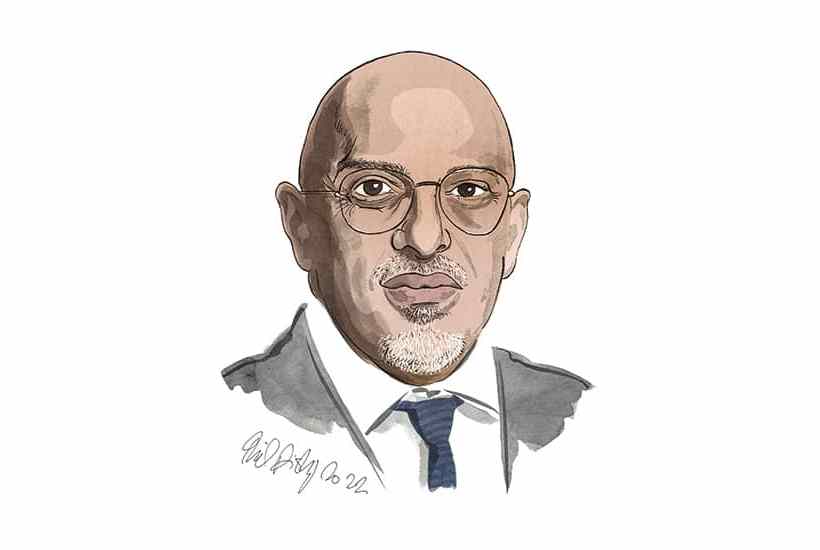
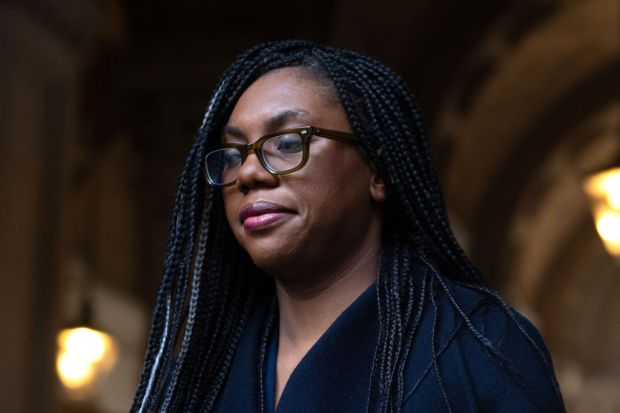
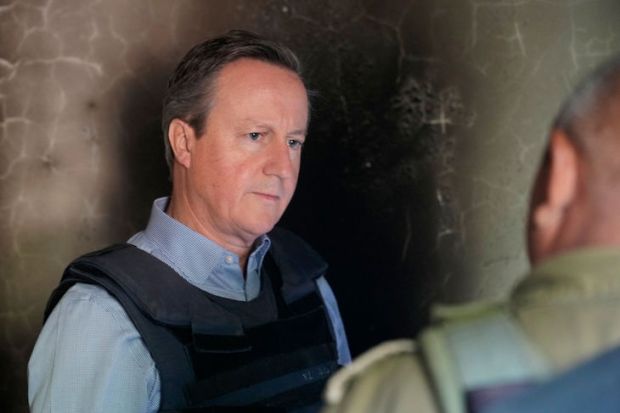

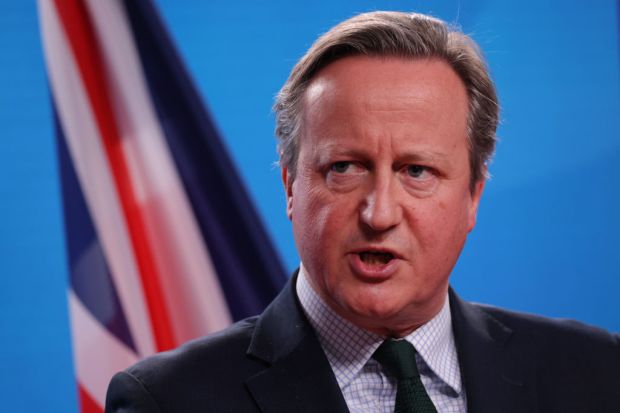
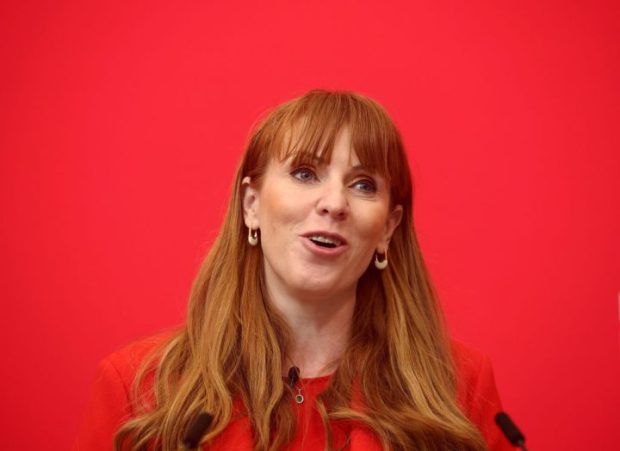













Comments
Don't miss out
Join the conversation with other Spectator Australia readers. Subscribe to leave a comment.
SUBSCRIBEAlready a subscriber? Log in